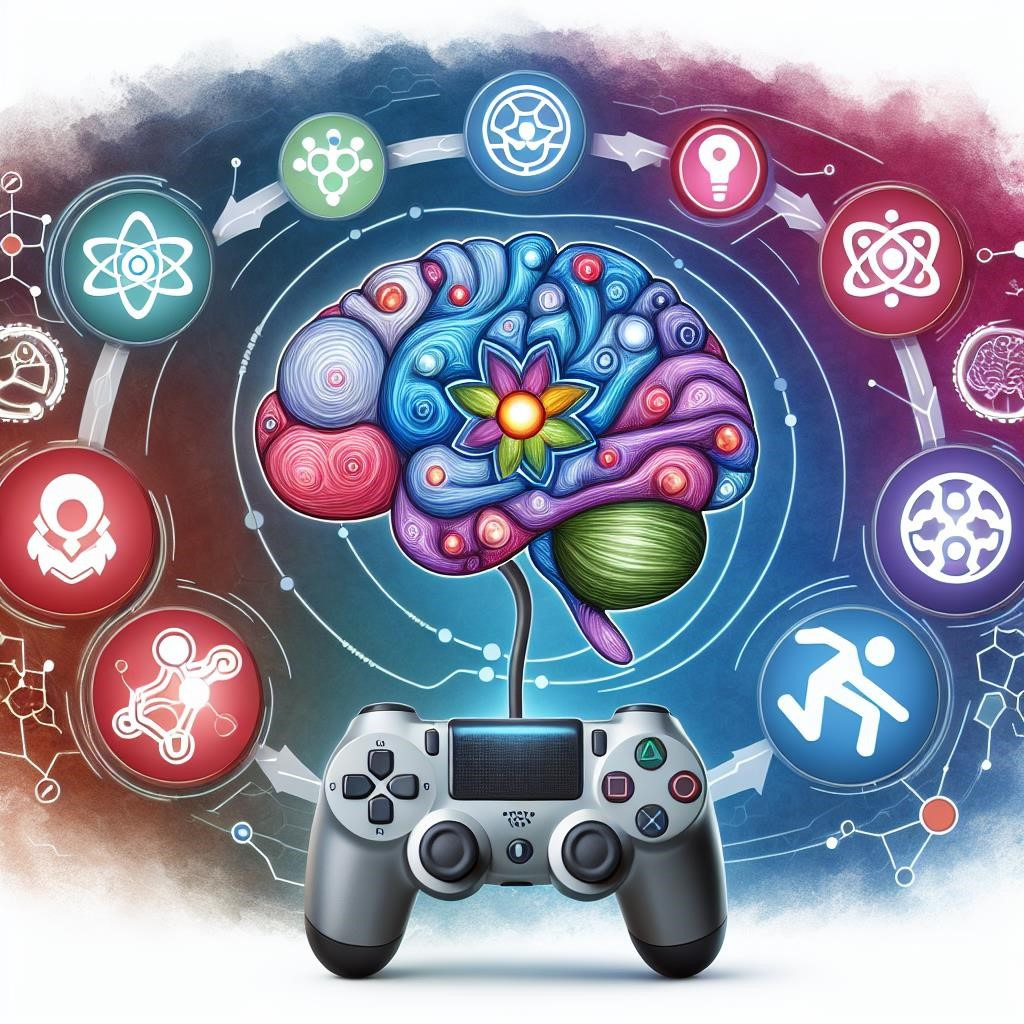In recent years, the debate surrounding the impact of video games on brain development has gained significant traction. With the rapid advancement of gaming technology and the increasing popularity of video games, understanding their effects on cognitive functions, behavior, and overall brain development is essential.
The Positive Effects of Video Games
Research suggests that video games can have several positive effects on brain development. Here are some key benefits:
- Enhanced Problem-Solving Skills: Many video games require players to think critically and solve complex problems, which can improve cognitive flexibility.
- Improved Hand-Eye Coordination: Action games often enhance players’ hand-eye coordination, which is crucial for various daily tasks.
- Increased Multitasking Abilities: Fast-paced games can train individuals to manage multiple tasks simultaneously, leading to better multitasking skills.
- Boosted Memory: Many games require players to remember various strategies and details, thereby improving their memory capacity.
Potential Negative Effects
Despite the benefits, there are concerns regarding the negative impacts of video games on brain development:
- Increased Aggression: Some studies suggest a correlation between violent video games and aggressive behavior in players.
- Social Isolation: Excessive gaming can lead to reduced face-to-face interactions, affecting social skills development;
- Attention Issues: Fast-paced games may contribute to attention problems, particularly in younger players.
Balancing Video Game Play
To maximize the benefits and minimize the negatives, a balanced approach to video gaming is essential. Here are some tips:
- Limit gaming time to ensure it doesn’t interfere with other activities.
- Choose games that promote critical thinking and creativity.
- Encourage social gaming experiences to foster interaction with peers.
